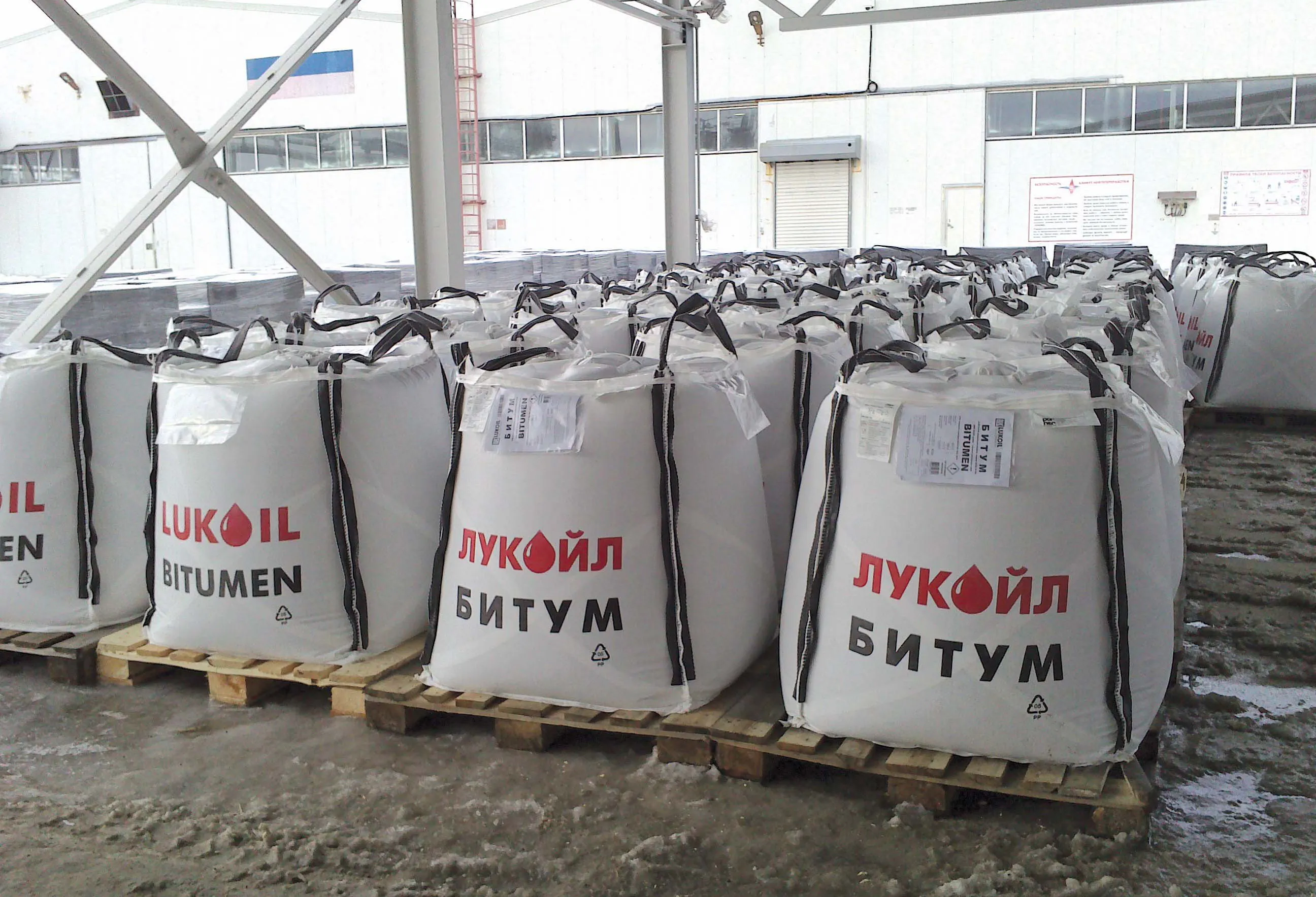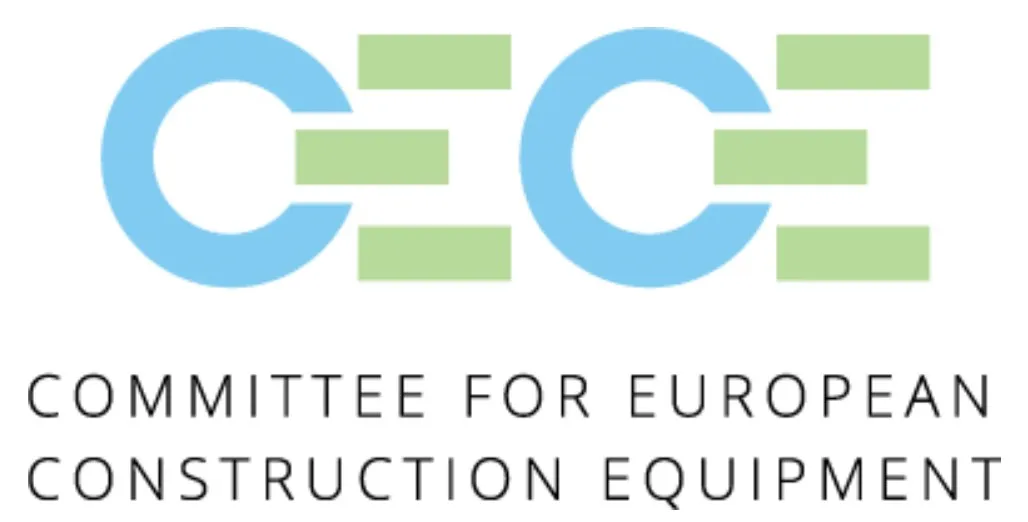Europe’s road building market is forecast to grow strongly in real terms up to 2019, as a strengthening economy boosts construction, creating investment and jobs. The market is predicted to grow by 16% between 2016 and 2019 and is being led by increases in the UK (39%), Norway (38%) and Poland (35%).
In the UK, the market is buoyed by a number of major projects coming on stream, such as England’s A14 upgrade between Cambridge and Huntingdon, as well as the M4 motorway upgrade and Scotland’s A9 Perth-to-Inverness dualling project.
The data was presented at a recent conference of specialist economists in Amsterdam organised by Euroconstruct*. The organisation brings together construction market consultants and forecasting organisations from 19 European countries. It meets twice a year and provides short- and medium-term forecasts for the main European construction market sectors.
The latest Euroconstruct forecasts for the European construction sector represent a marked uplift on their last figures published in November. They now predict that total European construction output in all 19 states will have risen by 7.5% in 2019 over 2016, up from 6.5% previously estimated.
Euroconstruct economists acknowledged that in the wake of the 2008 crash, some countries are coming from a low base. For example, Hungary is predicted to grow by a staggering 52% in the same period, Poland by 17% and Ireland by 25% - although Ireland is coming off the back of a savage recession.
Even so, the economists noted that consumer confidence, European Union funding and continuing loose monetary policy will combine to boost construction across almost all markets.
Euroconstruct argues that health of a country’s construction market can be judged better “by a combination of current performance relative to historic growth levels and future growth prospects”. Taking these factors into account, the three star performing countries are Poland, Norway and Sweden.
By sector, the two sectors driving the recovery are civil engineering and housing; the civil engineering boosted by road, rail and telecoms work.
Last year, the European civil engineering sector was still in decline mainly due to sharp falls in Euroconstruct’s four Eastern European members – Czech Republic, Hungary, Poland and Slovakia.
This was caused by delays in many infrastructure projects, especially in Poland, and the end of the last European Union funding cycle. But they will be boosted now by the start of a new funding cycle.
In the UK, the picture for the entire civil engineering sector is very positive. Apart the major road upgrades, upcoming projects include the Hinkley Point C nuclear power station; the enabling works at the Wylfa nuclear plant; the HS2 high speed rail link; the Thames Tideway Tunnel; and the huge Hornsea Wind Farm in the North Sea, off England’s northern Yorkshire county coast.
“Construction went through some very tough years after the financial crisis, but now the market is recovering again,” said Oebele Vries, deputy director of the Dutch Economic Institute for Construction and Housing, and the conference host.
“The European market is much more stable now than in 2007, before the crash. When we look at the whole construction market in all 19 countries the level is still 15% below 2007, before the crash. But when we exclude Spain, there is a big change - for the remaining 18 countries we see the market has recovered from the crisis,” said Vries.
“And if we exclude Italy, we can see that in the remaining 17 countries the amount of construction activity exceeds pre-crisis levels.”
However, some experts advised caution. Germany, Europe’s biggest construction market, is stagnating with growth expected to be near flat in 2018 and 2019. Prospects for the UK are uncertain due to political upheavals, not least Brexit – the UK leaving the European Union.
Paul Tang, Dutch Member of the European Parliament, warned that Europe risked seeing another cycle of boom-bust without a planned programme of investment, including a commitment to long-term infrastructure spending.
“It is good we are seeing an economic recovery in the Eurozone, which is a bit of a surprise, given the uncertainties,” said Tang, who is a leading member of the European Parliament’s Economic and Monetary Affairs Committee.
“But if we want steady growth, we need a new investment agenda to help us make the transition to a more sustainable economy. Without action, we will remain a boom-bust economy.”
Road sector drives Europe’s construction recovery
Despite political concerns and upheavals, Europe’s construction market is on the up, reports Graham Anderson
Europe’s road building market is forecast to grow strongly in real terms up to 2019, as a strengthening economy boosts construction, creating investment and jobs. The market is predicted to grow by 16% between 2016 and 2019 and is being led by increases in the UK (39%), Norway (38%) and Poland (35%).
In the UK, the market is buoyed by a number of major projects coming on stream, such as England’
September 13, 2017
Read time: 4 mins
Despite political concerns and upheavals, Europe’s construction market is on the up, reports Graham Anderson








